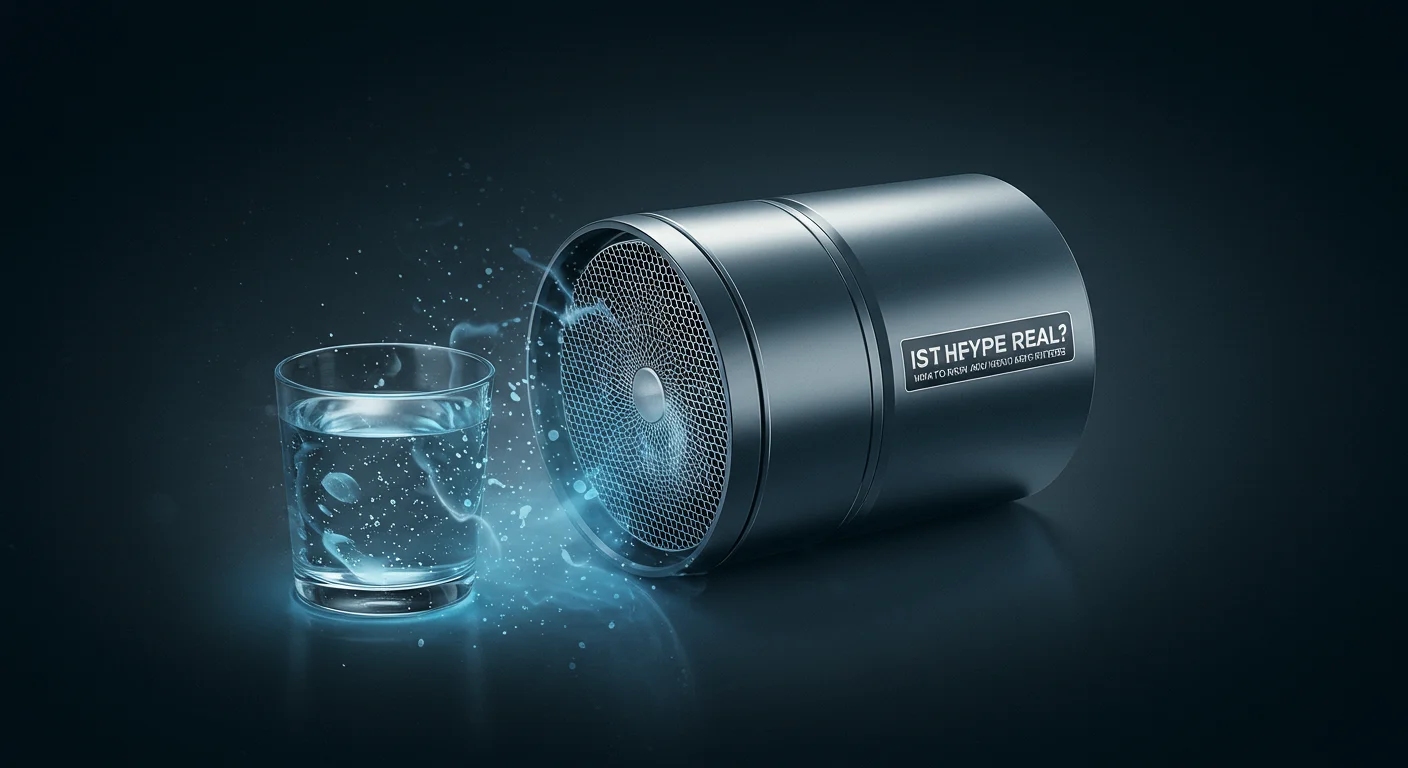
Beyond the Box: Are Next-Gen Air Filters Worth the Hype?
For decades, the humble air filter has been a simple, out-of-sight component of our home's HVAC system. A pleated rectangle we're meant to replace every few months. But a new wave of 'next-generation' air filters is here, promising smarter operation, cleaner air, and a complete rethink of home air quality management. But is this technology a genuine leap forward or just expensive hype? Let's break down what you need to know.
What Exactly Defines a 'Next-Gen' Air Filter?
Next-gen isn't just about denser filter material. It's about intelligence and performance. These modern filters often incorporate features like real-time air quality sensors that monitor particulate matter (like dust and pollen), volatile organic compounds (VOCs), and humidity. Many connect to your Wi-Fi, sending data and replacement alerts directly to a smartphone app. This transforms the filter from a passive screen into an active, data-driven component of your smart home ecosystem.
The Core Question: How Often to Change Air Filter Technology?
The old rule of thumb was to change your filter every 90 days. But this is a generic guideline that doesn't account for households with pets, smokers, or allergy sufferers, or for periods of high pollen or wildfire smoke. This is where next-gen filters shine. Instead of relying on a calendar, they tell you precisely when a change is needed based on actual airflow restriction and pollutant load. This means you might change it sooner if air quality is poor, or later if the air has been clean, optimizing both performance and cost. The question of how often to change air filter shifts from a blind guess to a data-informed decision.
The Real-World Benefits: Cleaner Air, Smarter Living
The primary benefit is superior air quality. Many advanced filters use HEPA or MERV 13+ ratings, capturing a much higher percentage of microscopic particles, allergens, and viruses than standard filters. The smart alerts remove the mental burden of remembering to check, preventing periods where a clogged filter is straining your HVAC system and failing to clean the air. This convenience and peace of mind, knowing your system is operating at peak efficiency, is a major advantage for the modern homeowner.
Finding the Right Fit for Your Home
While next-gen filters offer clear advantages, the best choice depends on your specific needs. Factors like home size, the presence of allergies or asthma, and your budget all play a role. The initial cost may be higher, but the long-term benefits of improved health, system efficiency, and convenience can certainly justify the investment. To determine which model offers the best performance and value for your situation, it's crucial to look at detailed, unbiased reviews and side-by-side comparisons of the leading options on the market.





